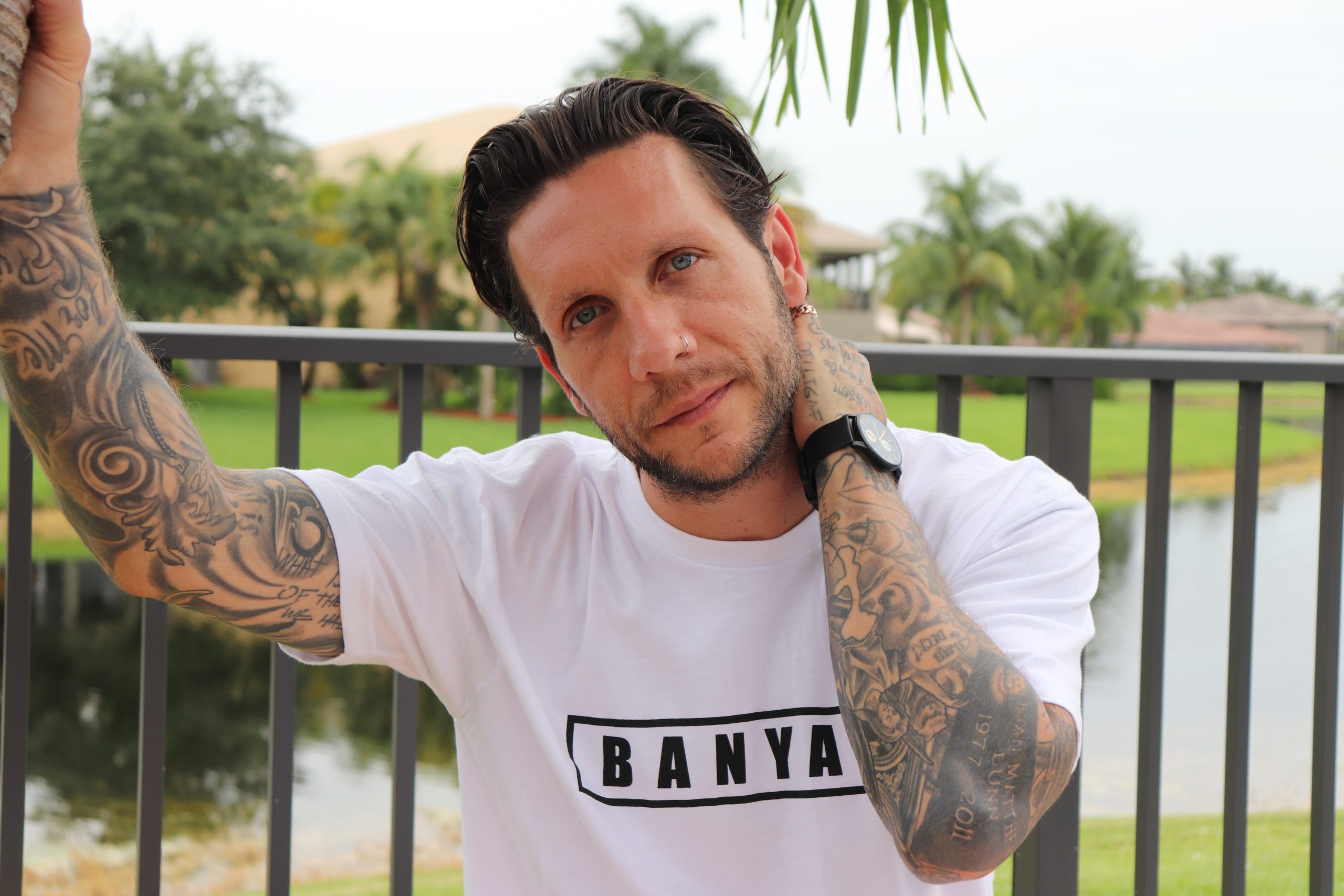
Convincing someone who has an addiction to seek out treatment can be challenging. Many people who struggle with substance abuse are in denial or believe they won’t get better. This is where interventions come into the picture. An intervention is a planned meeting during which the family or loved ones of the addict will express their love and concern for the individual and encourage them to get help. As a recovery advocate, Brandon Novak understands how difficult it can be to go through this process with a loved one. Brandon’s addiction left him homeless and caused his mother years of heartbreak. It wasn’t until he realized the repercussions of his substance abuse that he decided to turn his life around.
Creating an Intervention Plan
Successful drug or alcohol interventions are usually conducted by a certified intervention specialist (CIP). A CIP is an individual who is trained and certified to plan and lead an intervention. They’ll assist those who are staging the intervention in organizing and deciding details, including the time, location, people who will be in attendance, and script. A script is used to guide family members through the intervention and prevent any distractions. CIPs can also prevent any family drama from occurring and educate everyone in the meeting on addiction. The individuals who will be at the meeting will also write an intervention letter to their loved one, describing how they’ve been affected by their substance abuse. These letters are meant to help the person realize the consequences of their behavior lovingly.
What Happens During an Intervention?
During an intervention, a group of the addict’s closest friends and family come together to confront them about their substance abuse and encourage them to seek treatment from a rehab center. Preparation is key, so what happens at a drug intervention is normally decided ahead of time. Once the meeting is set in place, the group must get the addict to show up at the intervention. Members are advised to catch the person off guard to ensure honesty at the meeting. When the addict enters the room, all members should be ready to begin. The leader will then introduce the meeting, and everyone will take turns reading their letters. After the letters are read, the group will also share any boundaries they want to set and clearly explain any repercussions if the person doesn’t receive treatment. The purpose of a drug intervention is to encourage the addict to get help and show them that they have a support system.
You may struggle to get help for your friend or family member if you don’t know what happens at a drug intervention. Fortunately, Brandon is a CIP himself, and has assisted many families in getting their loved ones on the right track. You can call him today on his direct line at 610-314-6747 for more information.





